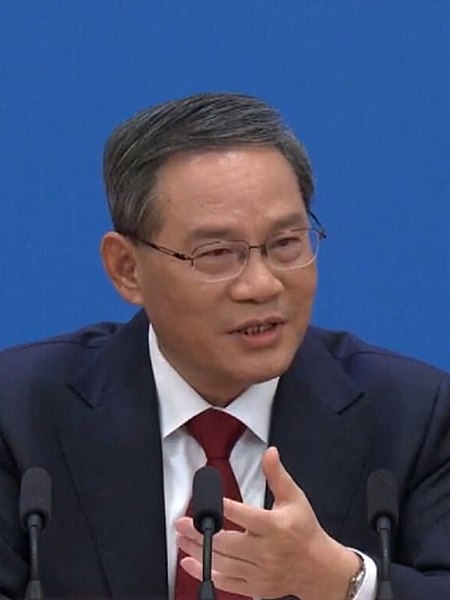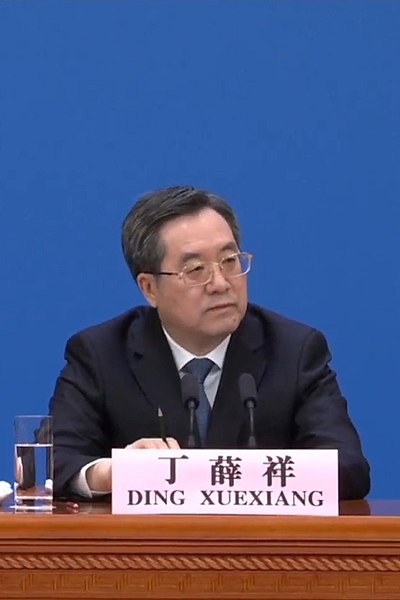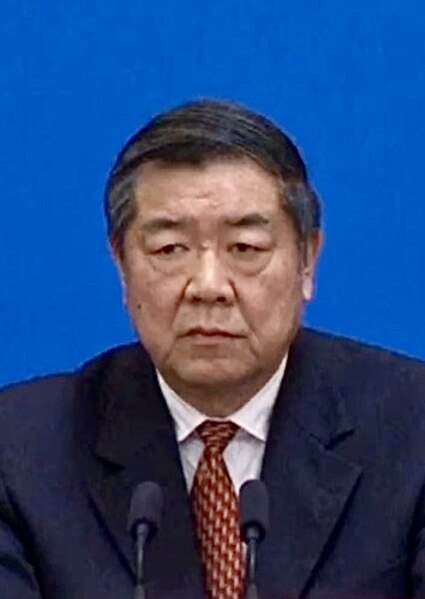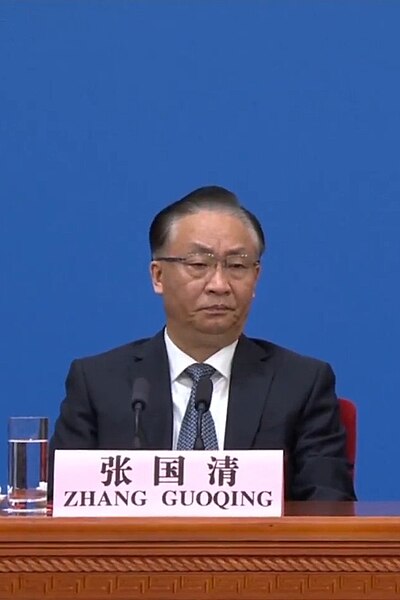The government of the People's Republic of China is based on a system of people's congress within the parameters of a unitary communist state, in which the ruling Chinese Communist Party (CCP) enacts its policies through people's congresses. This system is based on the principle of unified state power, in which the legislature, the National People's Congress (NPC), is constitutionally enshrined as "the highest state organ of power." As China's political system has no separation of powers, there is only one branch of government which is represented by the legislature. The CCP through the NPC enacts unified leadership, which requires that all state organs, from the Supreme People's Court to the President of the People's Republic of China, are elected by, answerable to, and have no separate powers than those granted to them by the NPC. By law, all elections at all levels must adhere to the leadership of the CCP. The CCP controls appointments in all state bodies through a two-thirds majority in the NPC. The remaining seats are held by nominally independent delegates and eight minor political parties, which are non-oppositional and support the CCP. All government bodies and state-owned enterprises have internal CCP committees that lead the decision-making in these institutions.

The 12th National People's Congress held in 2013
Paramount leader and General Secretary Xi Jinping
The CMC is housed in the Ministry of National Defense compound ("August 1st Building")
Image: Li Xiannian 1974
State Council of the People's Republic of China
The State Council of the People's Republic of China, also known as the Central People's Government, is the chief administrative authority and the national cabinet of China. It is constitutionally the highest administrative organ of the country and the executive organ of the National People's Congress, the highest organ of state power. It is composed of the premier, vice premiers, state councilors, ministers of ministries, directors of committees, the auditor general, and the secretary-general.
Image: 李强 Li Qiang 20230313 01
Image: Ding Xuexiang (20230313)
Image: Chinese Vice Premier He Lifeng
Image: Zhang Guoqing (20230313)








